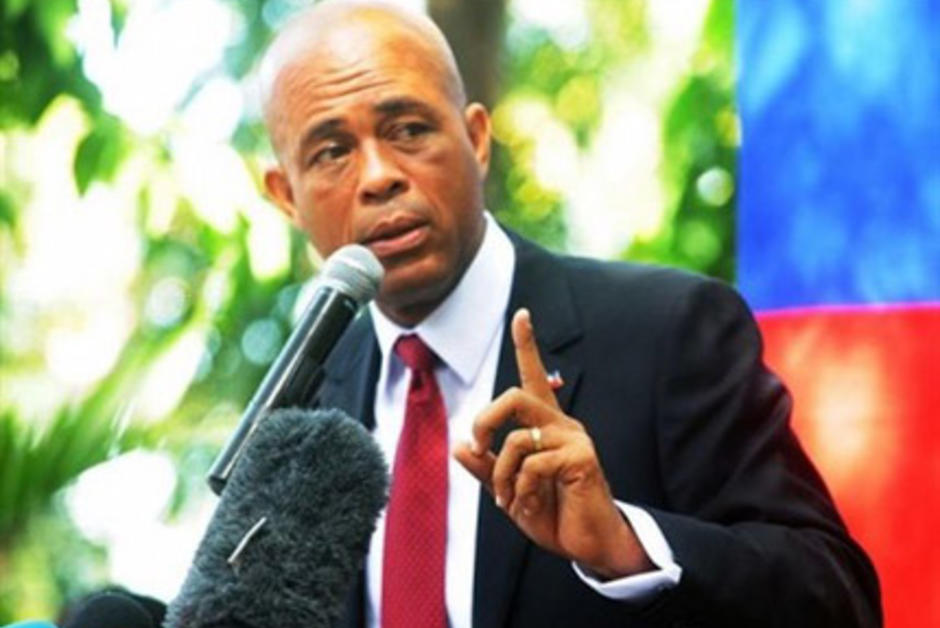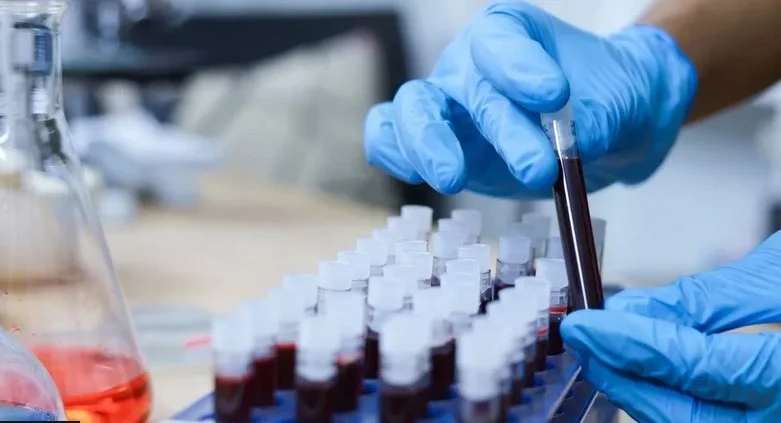On Tuesday, August 20, the U.S. Treasury Department announced sanctions against former Haitian President Michel Martelly for his alleged involvement in drug trafficking, including cocaine, intended for the United States.
Martelly, who served as Haiti’s president from 2011 to 2016 and was formerly a renowned musician, is accused of using his political influence to facilitate the trafficking of dangerous drugs. According to the U.S. Treasury, Martelly was also involved in laundering illicit drug proceeds, collaborating with local drug traffickers, and supporting multiple gangs based in Haiti.
This action by the U.S. follows similar sanctions imposed by the Canadian government in 2022, targeting Martelly and two former Haitian prime ministers. These sanctions were levied in response to accusations that they benefited from the activities of armed gangs, reflecting international concern over the role of political elites in Haiti’s ongoing crisis.
Haiti, the poorest country in the Americas, has been experiencing escalating gang violence, particularly in the capital, Port-au-Prince, where criminal groups now control approximately 80% of the city. Residents have reported widespread violence, including threats of murder, rape, and kidnapping for ransom, amid severe political, social, and economic instability.
The situation worsened in February, leading to the resignation of then-Prime Minister Ariel Henry under pressure from armed groups. In response to the deteriorating conditions, an international effort led to the deployment of hundreds of police officers from Kenya to Haiti to help restore stability.
“Today’s action against Martelly emphasizes the significant and destabilizing role he and other corrupt political elites have played in perpetuating the ongoing crisis in Haiti,” said Bradley Smith, the Treasury’s acting under-secretary for terrorism and financial intelligence. He added that the sanctions underscore the U.S. government’s commitment to holding accountable those contributing to gang violence and destabilizing Haiti’s political environment.
U.S. State Department deputy spokesperson Vedant Patel reinforced this position, stating that the sanctions reflect the U.S.’s “unwavering resolve to promote accountability for all individuals whose activities contribute to gang violence and destabilize the political environment in Haiti, regardless of their rank or stature.”



